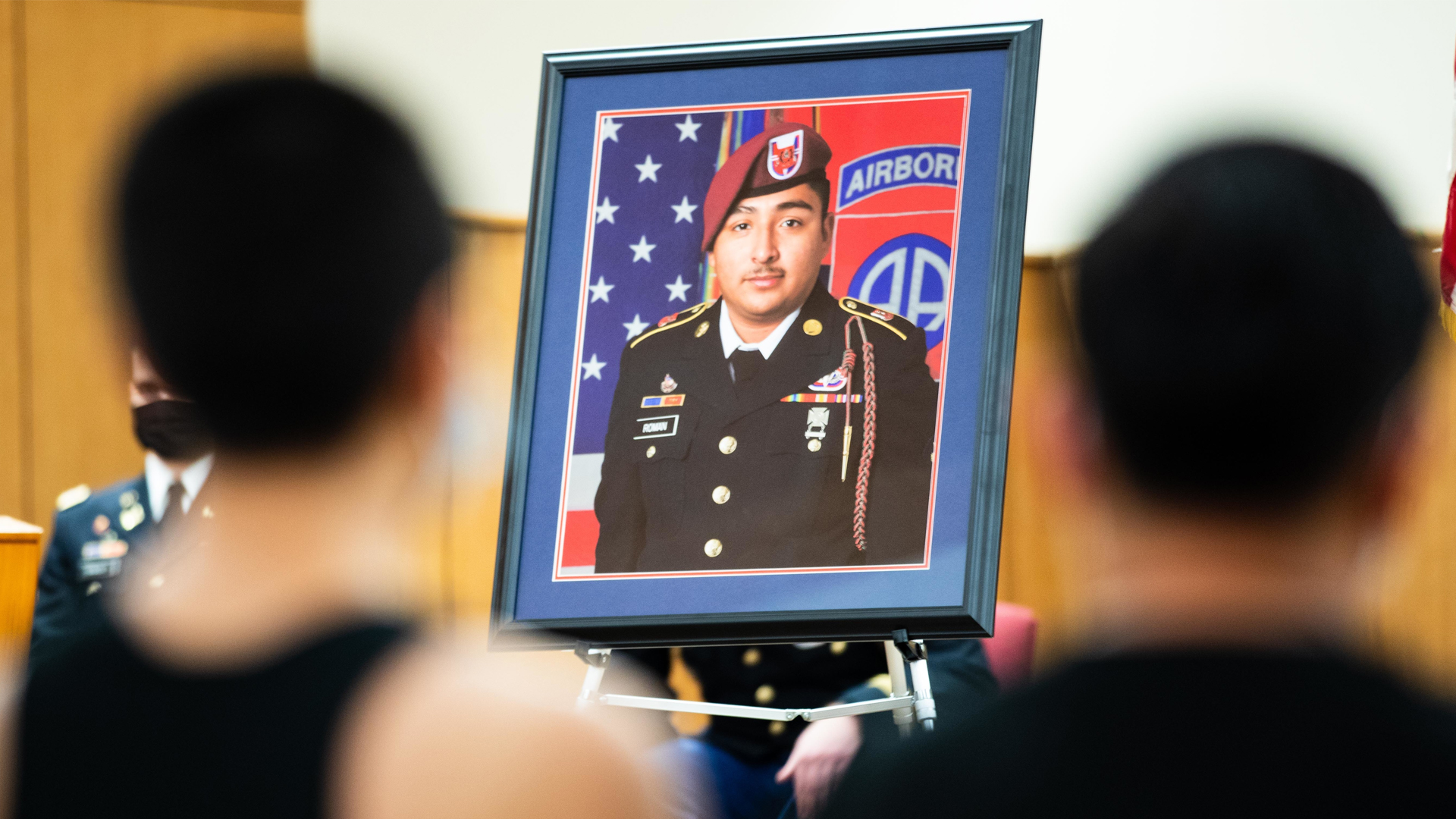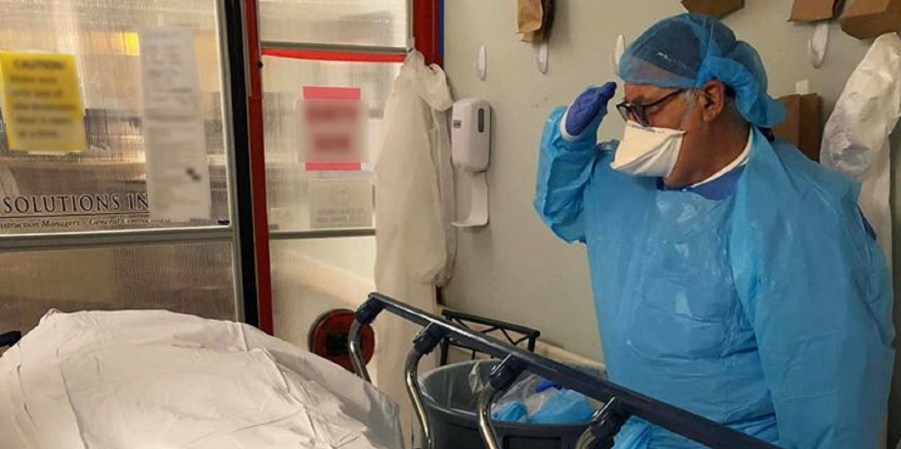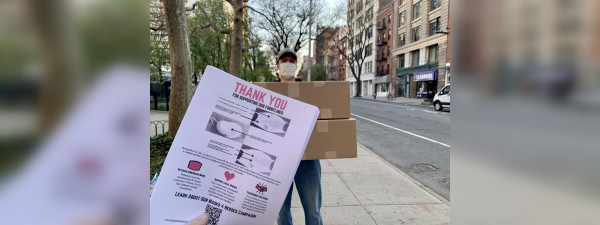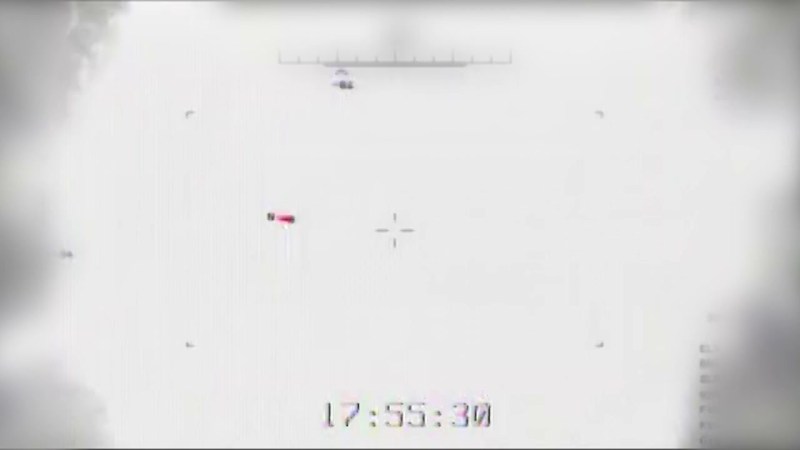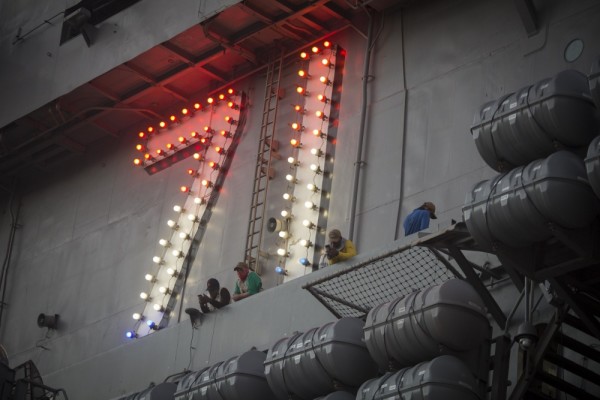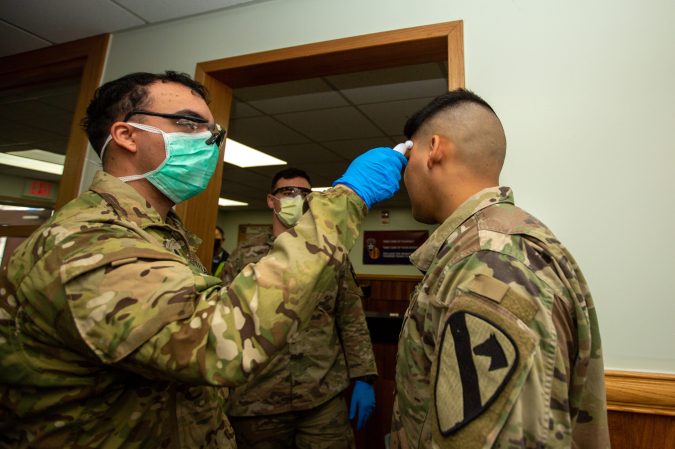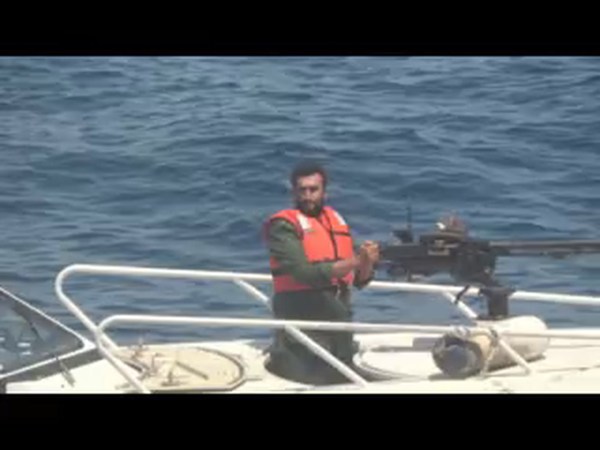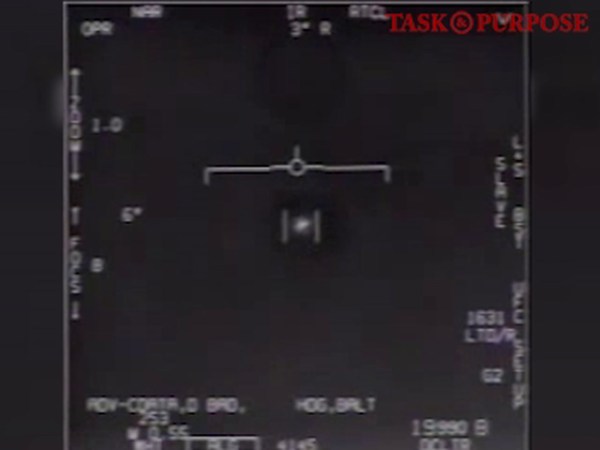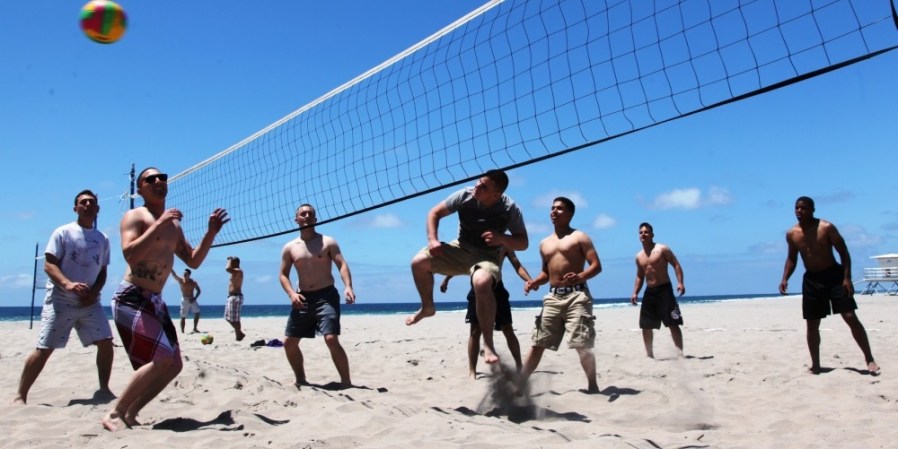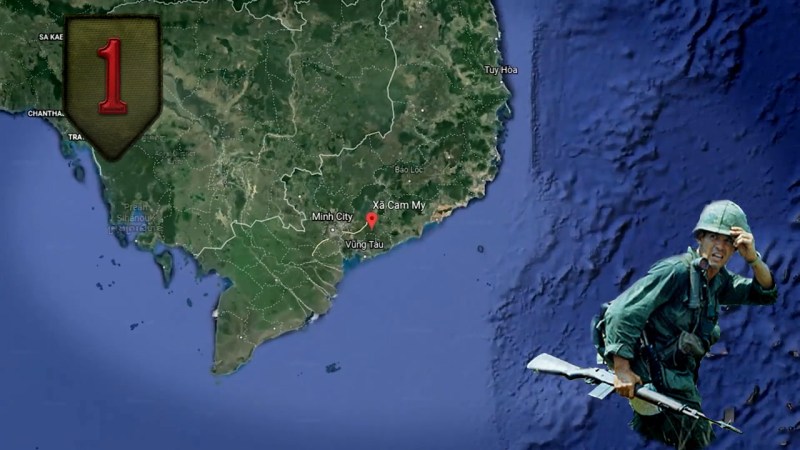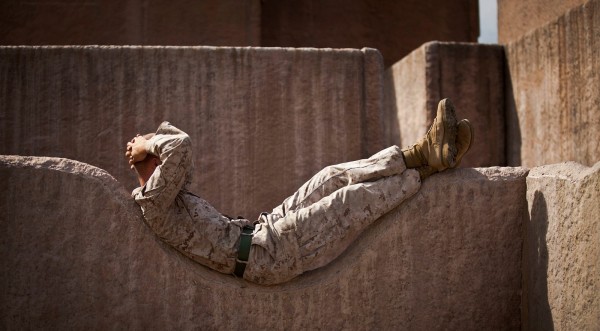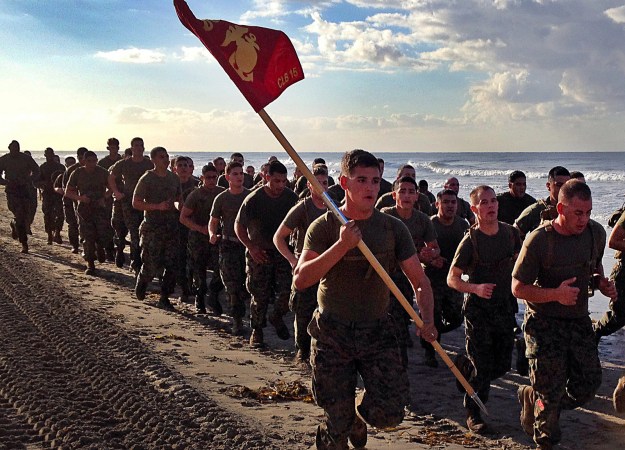Three soldiers have been charged in connection with the mysterious death of an Army specialist and are facing upcoming court-martial proceedings — but officials are no closer to having an answer for what actually happened in May 2020, when a soldier disappeared and was later found beheaded.
The death of Spc. Enrique Roman-Martinez, a human resources specialist with the 82nd Airborne Division, has stumped officials and remains a mystifying case with few answers. And while officials have spent more than a year investigating, last November they declared it a cold case without enough evidence to go off of.
The charges against the three soldiers — which include making false official statements, drug use, conspiracy to make false statements, and willfully disobeying a superior officer — are “unrelated” to Roman-Martinez’s death “which remains unsolved,” said Lt. Col. Brett Lea, a spokesman for the 82nd Airborne Division. While those soldiers are not being charged for his death, they are facing lesser charges for their actions during and after Roman-Martinez’s disappearance, which investigators reportedly hope to use to gain more information about what happened.
“US Army [Criminal Investigation Division] has provided a $50,000 reward for any information leading to a resolution to this investigation,” Lea said. “The charges in this case are merely accusations and the accused are presumed innocent until proven guilty.”
Rolling Stone first reported one of the soldier’s charges on Jan. 13; Army Times reported two other soldiers’ charges the next day.

The questions surrounding Roman-Martinez’s disappearance and death began almost immediately, when he and six other soldiers from Fort Bragg, North Carolina set out for a camping trip on Memorial Day Weekend.
The group of seven soldiers went to Cape Lookout National Seashore, despite being on lockdown due to the COVID-19 pandemic. The first night there, May 22, it “rained heavily,” the Rolling Stone reported. On the evening of May 23, Roman-Martinez was reported missing by the other soldiers. He had disappeared without his wallet or cell phone and was last seen in a pair of shorts without a shirt.
Spc. Alex Becerra, one of the soldiers recently charged, spoke to the 911 dispatcher, according to Rolling Stone. He said Roman-Martinez wasn’t at the campsite when the group woke up that morning, and they’d been “looking for him all day.”
“We were trying to find the park ranger or their offices or anything,” Becerra reportedly said.

But the group had in fact come across Park Rangers that day. Rangers approached the group in the early afternoon, according to Army Times, asking them to move their vehicles because they were too close to the sand dunes. A spokesman for the Cape Lookout National Seashore told Army Times that the group “did not make mention to the Rangers at this point that anyone was missing … You would have to ask members of the group why they didn’t report a missing person then.”
Becerra also reportedly told the 911 dispatcher that they were concerned Roman-Martinez may have hurt himself, claiming he had “suicidal tendencies.” But Roman-Martinez’s sister, Griselda Roman-Martinez, said that didn’t add up either. Her brother, who she described to Rolling Stone as a “hippie” and staunch supporter of women’s rights, had plans to leave the Army, travel, and go to college. There was “no way he wanted to end his life,” she said. And besides that, what kind of people would wait so long to alert authorities if their friend they believed to be suicidal disappeared in the middle of the night?
“If you believe your friend has suicidal tendencies, why would you let them walk off in the middle of the night with no belongings?” Griselda told Army Times in 2020. “Why wouldn’t you, first thing in the morning, wake up and freak out … On top of that, why would you wait all day, until 7:30 p.m. to report him missing?”

Griselda also pointed to the fact that Martinez left his glasses behind, telling Rolling Stone that he could barely see without them and it was unlikely he would leave without them.
For days, it was unclear where Roman-Martinez went or what happened. A search effort was launched immediately, but “[v]ery few clues” were discovered, a National Park Service press release said.
Then on May 29, almost a week after he was reported missing, a severed head washed up on the beach at the Shackleford Banks. The remains were positively identified as Roman-Martinez using dental records. The rest of his body has not been found, which meant autopsy examiners were unable to determine a definitive cause of death. The autopsy report from the Division of Forensic Pathology at East Carolina University’s Brody School of Medicine said there was evidence of “multiple chop injuries of the head,” the News & Observer reported, and that his jaw was broken in at least two places.
The findings were “most consistent with death due to homicide,” the autopsy report said.
An Army investigation over the last year and a half has resulted in few answers for Roman-Martinez’s family. A statement from the Army Criminal Investigation Division said investigators chased hundreds of leads and conducted thousands of hours of investigation, but ultimately the investigation “has reached a point where currently there are no unaddressed investigative leads to action and no viable leads being developed.”
Roman-Martinez’s case was moved to a cold case status last November. But an attorney representing the family, Dustin Collier, told Rolling Stone that Army investigators are “quite confident it’s murder by one or more” of the other soldiers. “They have told me, while they don’t have enough to charge for homicide, they have ample for lesser offenses that they could use to leverage people to flip,” Collier told Rolling Stone.
Indeed, the three soldiers charged are facing multiple specifications of lesser charges.
According to the redacted charge sheets provided to Task & Purpose, Pfc. Samad Landrum, one of the soldiers on the camping trip, has been charged with conspiracy, violating a lawful general order by traveling under the COVID-19 lockdown at Fort Bragg, two counts of making false official statements, and taking lysergic acid diethylamide (LSD). Pvt. Annamarie Cochell was also charged with conspiracy, violating the COVID-19 lockdown order, and taking LSD, as well as two counts of willfully disobeying a superior officer by having contact with someone she was told not to contact. Becerra was charged with conspiracy, three counts of disobeying a superior officer, violating the COVID-19 lockdown, and two counts of making false official statements.

While the death of Roman-Martinez has been moved to cold case status, Army CID made clear on Thursday that investigators “will continue attempts to generate new leads,” and will “aggressively pursue them” if new leads are identified. And last October, a member of Congress requested the Pentagon Inspector General review the Army’s investigation, saying Roman-Martinez’s family “has lost all confidence in the Army Criminal Investigation [Division].”
“He should have been already discharged from the military and settling into his new life,” Rep. Norma Torres (D-Calif.) wrote in October. “Instead, his family has spent over 16 months painfully waiting for justice with no end in sight.”
They are far from the only family waiting for answers. Rolling Stone published a detailed report last April identifying dozens of deaths at Fort Bragg, including homicides, suicides, and soldiers found “unresponsive” in their barracks and homes. One father of a murdered Delta Force soldier at Fort Bragg told Rolling Stone that he thinks it is “real strange that something like this can go on at Fort Bragg, and nobody seems to know nothing.”
And while Griselda Roman-Martinez and her family want answers, the answers won’t be able to really explain why someone killed her brother, because he “would have never hurt another person,” she told Rolling Stone. “Nothing justifies the way they murdered him.”
What’s hot on Task & Purpose
- A judge ordered a man convicted of sexual assault to join the military or go to jail
- An Army spouse used a $30 device to track down a shady moving truck driver
- The Navy is still looking for the best use of its ‘little crappy ships’
- Here’s why the Marine Corps must do more to keep its best female Marines in uniform
- These soldiers cleared a path through 145 unexploded artillery rounds so senior officials could visit a building
Want to write for Task & Purpose? Click here. Or check out the latest stories on our homepage.

